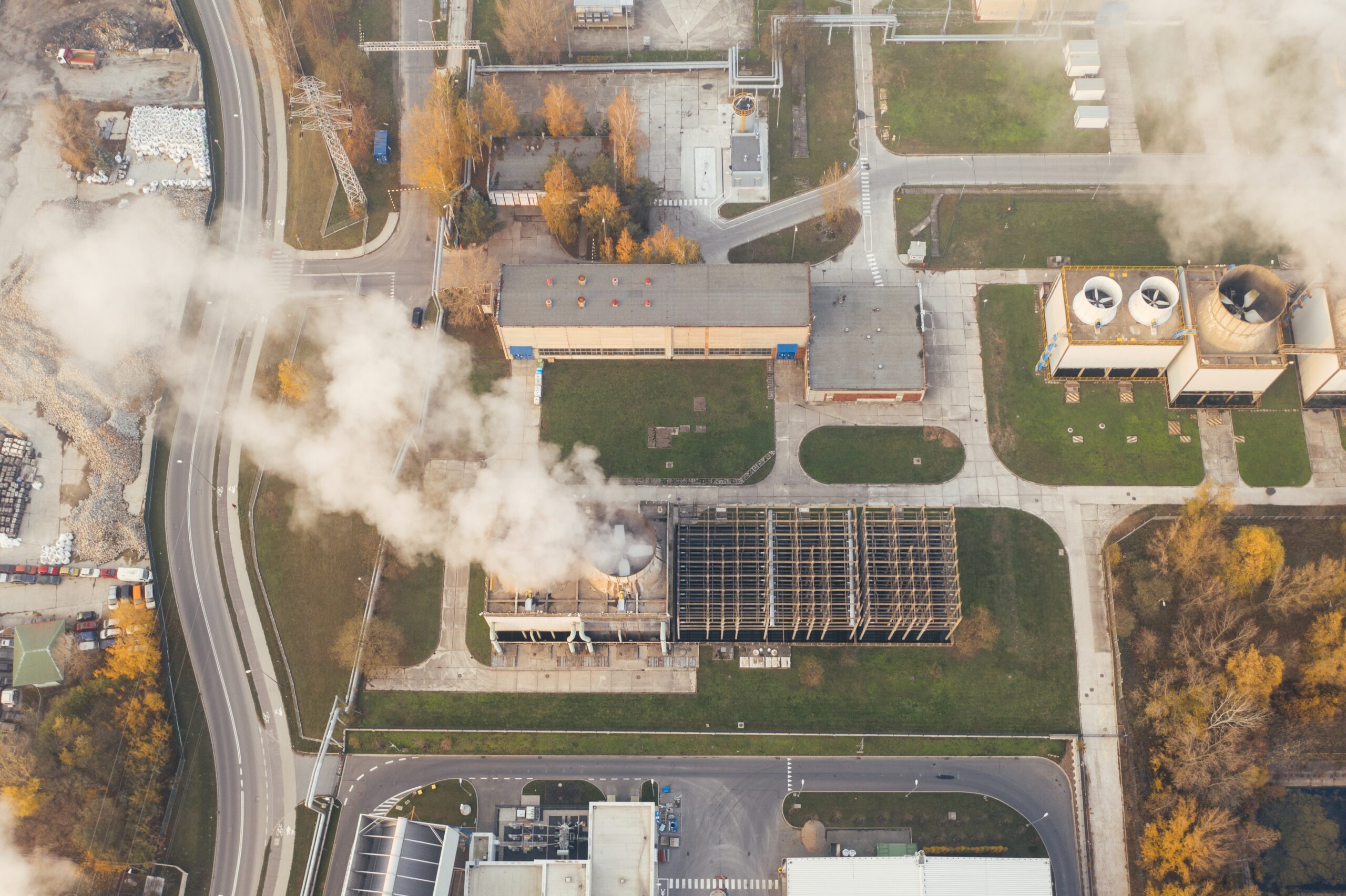by: Fr Joel E. Tabora, S.J. | 2 February 2023
I have been asked to comment on Research and Development to Accelerate Climate Action.
Presumably: Based on recognition of the climate emergency in the World. The last seven years were the warmest years on record. Within them: the extreme weather occurrences. The stronger typhoons and hurricanes, the wildfires, the flooding. The Philippines has not been spared.
The emergency needs action. It is appropriate that the action is based on research.
E.g. Based on the research of others available:
Stop global warming: Cut the use of fossil fuels. Cut use of cars. Cut use of airplanes. Properly insulate homes. Keep thermostats of air conditioners at 23 degrees and above. Use solar panels. Cut beef and dairy consumption.
People need to be informed of what has been established as necessary to stop climate change.
We engage in scientific research to accelerate and support climate action locally, e.g. in Mindanao, through:
E.g. Monitoring of environmental indicators: toxins, e.g. in Maputi River, Banaybanay (Fr. Antonio Basilio, PhD). Quality of the air (Dr. Doris Montecastro). State of water in aquafers (Dr. John Ong)
E.g. Developing new products from waste: DAVAWENA Project: Development of Value Added products from Wastes for Environmental and Nanotechnology Applications, e.g reusing polyethylene terephthalate (PET) containers “by developing ways of obtaining monomers of the plastics and then using the monomer components to resynthesize polymers, thereby promoting a circular economy. The monomers may also be used to synthesize biodegradable plastics” (Fr. Antonio Basilio, PhD).
E.g. Developing the use of renewable energy: Photovoltaic panels, concentrated solar energy, ocean renewable energy, biomass energy (through the Center for Renewable Energy and Appropriate Technology [CREATE], ADDU)
But today’s environmental emergency is not limited to global warming. Research and development must support not only climate action but action to preserve the planet – including the environmental integrity of the Philippines.[i]
Citing scientific studies, Pope Francis’ Laudato Si[ii] links climate change with pollution, waste, and the throwaway culture; it points to the depletion of natural resources like fresh drinking water, the loss of biodiversity, the replacement of virgin forests with monocrop farms, the misuse of our oceans, the destruction of their biodiversity, including their coral reefs – the forests of the seas.
Pope Francis says: “Greater investment needs to be made in research aimed at understanding more fully the function of ecosystems and adequately analyzing the different variable associated with any significant modification of the environment. Because all creatures are connected, each must be cherished with love and respect, for all of us as living creatures are dependent on one another” (Laudato Si, 42)
Research and development for environmental action, to save the planet, cannot be forever limited [or tyrannized] by the pragmatic needs of the economy.[iii] The economy does not trump action to save the planet. Political action and political structures must control and tame the economy, and not vice versa. For instance: DENR cannot just be a government agency to exploit the natural resources of the Philippines in favor of the economy and of the private interests that drive this.[iv] The DENR must be the protector of the environment – make sure that society and the planet are not killed by the vicious “technocratic paradigm” driving the economy.[v] It must be guided by voices of people on the ground, in local government units or in the regions. A fundamental component of the DENR’s research-based and centralized decision-making needs to be to listen to the cry of the environment in the tears and frustration of people committed to preserving the environment on the ground.
[i] Consider the studies of Davao Oro State University and Central Mindanao University to preserve the biodiversity of Mt. Hamigitan. Also the “Ridge to Reef” studies of Xavier University, CdO.
[ii] Francis. Laudato Si, #17-42.
[iii] E.g. The controversy involving the current Samal Island-Davao Connector Bridge Project which ignores the damage a coral reef documented by local researchers in favor of implementing a decision in Manila to build the bridge there, despite alternative sites.
[iv] E.g. SMC’s open-pit mining project on 17,000 has. of Barangay Ned in Lake S’bu, So.Cotabato, which not only violates local legislation but whose product – dirty coal – is to be burned in Mindanao. This will exacerbate climate change and harm the community through polluted air.
[v] Cf. Francis, Laudato Si, The Globalization of the Technocratic Paradigm, pp 72ff.

